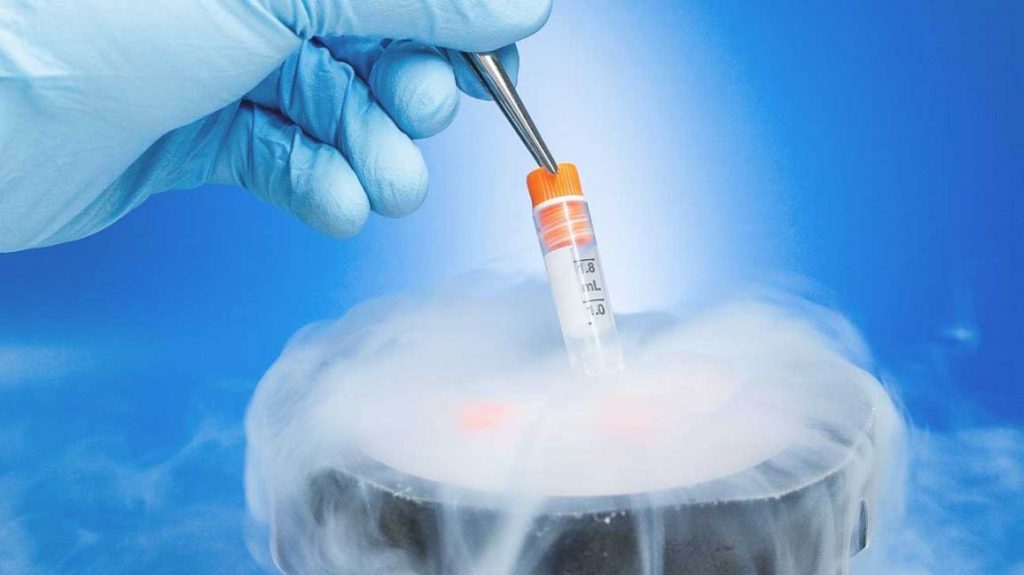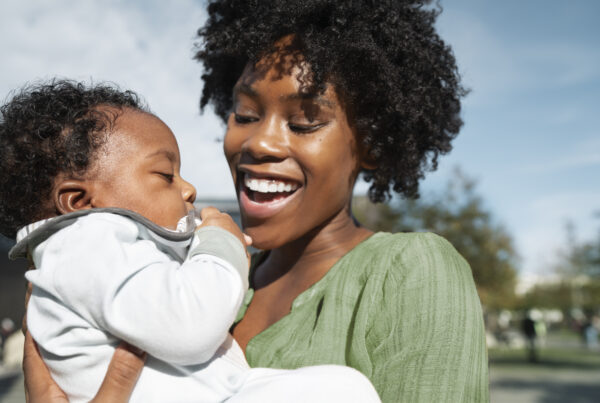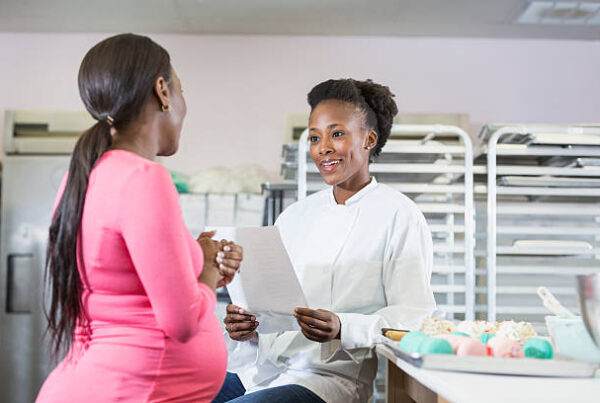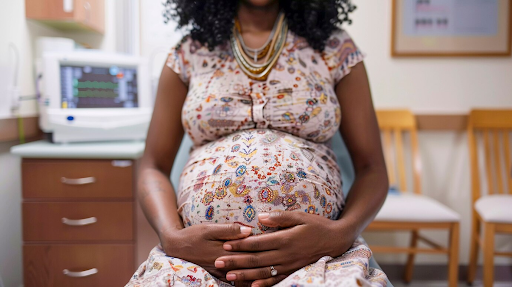In one IVF cycle, is there a difference between using fresh eggs and frozen donor eggs? Can you get pregnant faster or slower with frozen eggs? These are common posers when you have opted to undergo IVF.
It’s been a hot debate for years whether fresh eggs are more likely to lead to pregnancy than frozen eggs. Some experts say frozen is best, others completely disagree.
In an IVF cycle with fresh donor eggs, the retrieved eggs are immediately fertilized with sperm from the intended father or a sperm donor.
Frozen donor eggs, on the other hand are retrieved and then immediately cryopreserved before fertilization. The point to note also is that not every frozen egg will successfully fertilize or implant.
Like everything in life, egg freezing provides no guarantees, but for women who want to delay childbearing, freezing eggs while they are young increases the chance of a healthy pregnancy later in life.
Egg freezing is where the woman goes through the IVF process (daily injections to stimulate the ovaries to produce many follicles which contain eggs) and then an egg collection (which is usually performed under mild sedation).
The eggs are then stripped of their surrounding cells to identify which eggs are mature, and the mature eggs are frozen in liquid nitrogen at –196°C.
If you are wondering whether freezing your eggs gives you a better chance than using fresh eggs in the future, you are correct.
Freezing your eggs now is more likely to give you a better chance of having a baby than using fresh eggs, in say in five years. However, if you are wanting to have a baby now, using fresh eggs may be better than frozen eggs.
You should consider egg freezing if you are about to undergo medical treatment that might affect your fertility or you are about to receive treatment for an illness that may affect your fertility.
Age is the key factor for egg freezing success even as egg freezing is rapidly emerging as a viable clinical technique to preserve women’s fertility, as long as the eggs are frozen at a clinically optimum age.
However, there are fewer egg thawing treatment cycles than egg freezing cycles, suggesting that although more women are freezing their eggs, many of them have not really made a decision to try for a pregnancy.
While a woman’s age at thaw has relatively little impact on chances of success, the age at freeze does, with evidence showing that if eggs are frozen below the age of 35, the chances of success will be higher than the natural conception rate as the woman gets older.
Where women over the age of 40 are freezing their own eggs, the likelihood of a future pregnancy is slim.
There’s no perfect age for egg freezing, but the earlier the better because as you get older, the quality of the eggs remaining in your ovaries deteriorates.
You may wonder how long can your eggs remain frozen? Actually the world record for using frozen sperm to create babies is the one that was frozen in liquid nitrogen for over 27 years.
The man was having cancer treatment as an adolescent and the frozen sperm was then used 27 years later when he had a partner and was ready to have children. There is argument that there is no biological reason why eggs can’t be stored indefinitely.
Eggs are at their best quality when women are young, so it seems sensible to freeze eggs at a younger age.
Although the clinically optimum time to freeze eggs is early on in a woman’s reproductive life, success rates are not the only consideration, and other factors may lead women to consider freezing their eggs later in life.
In some cases, one reason is because the younger a woman is when she freezes her eggs, the less likely she will to ever need to use them, because she could probably conceive naturally.
Conversely, if a woman freezes her eggs in her late 30s, when her fertility is already in decline, the process may be more invasive and expensive, more cycles may be needed to collect the preferred number of eggs, and the birth rate will be lower, but she is more likely to return to use her frozen eggs.
The cost of egg freezing varies from clinic to clinic, but typically you’ll pay a tidy sum.
Before the eggs have been fertilised with sperm, you have complete control over the fate of those eggs. You can specify how long to keep the eggs stored and what should happen to them if you were to become unable to make decisions for yourself.
Clinics have an ethical responsibility to be clear that egg freezing below the age of 35 offers women their best chance of creating their much longed for family.
Freezing for medical reasons is a primary reason for egg preservation. Increases in success rates using own eggs, while still below that of fresh IVF, offer hope to patients who need to freeze their eggs due to medical reasons.
You should also know that egg thaw treatment cycles using frozen donor eggs have significantly higher success rates than for women using their own eggs. The most common age for women using thawed donor eggs is higher than for women using their own eggs.
Freezing eggs is a significant investment and, as with all fertility treatments, you should get informed of all the relevant costs and issues upfront so you have an accurate idea of how much the full process is likely to be.





